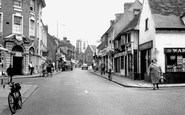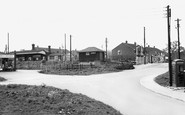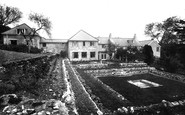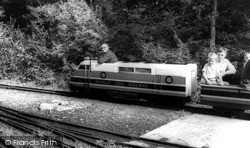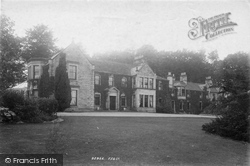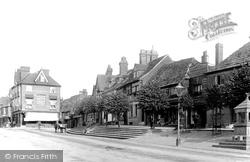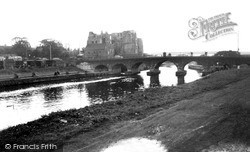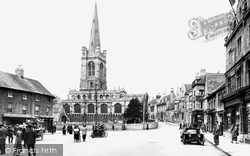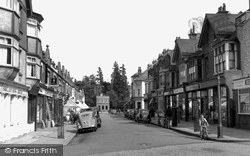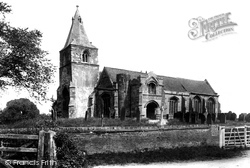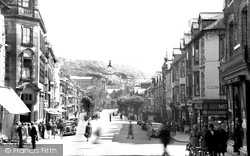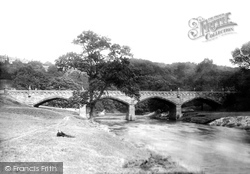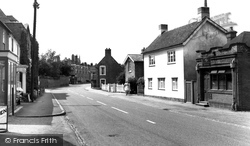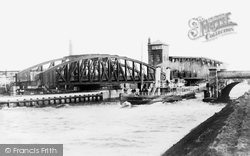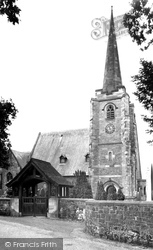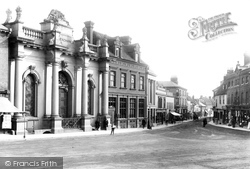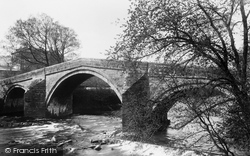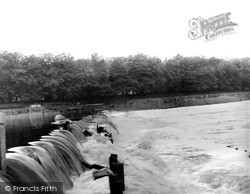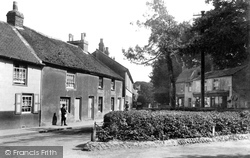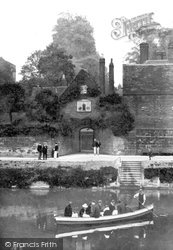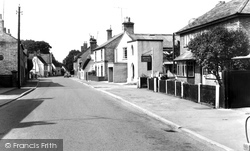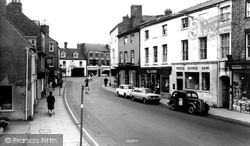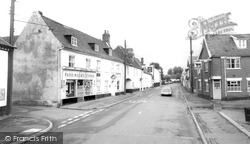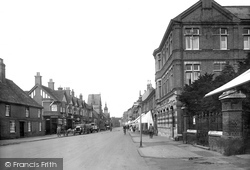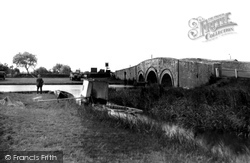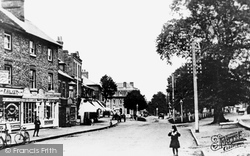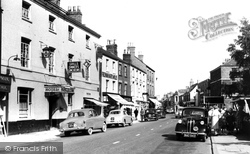Places
3 places found.
Those places high-lighted have photos. All locations may have maps, books and memories.
Photos
68 photos found. Showing results 1,281 to 68.
Maps
12 maps found.
Books
15 books found. Showing results 1,537 to 15.
Memories
7,562 memories found. Showing results 641 to 650.
Thos Were The Days
I have read all the letters and they have bought back so many memories. My sister and I were born in Hillingdon and from 1961 we used to go to Burtons dance hall on Tues, Friday and Saturday nights. We would also go to The Blue ...Read more
A memory of Uxbridge in 1961 by
Flying Scotsman Through Bramley Station
I think it was 1963. The Flying Scotsman steam train came through Bramley station. I was only small, and we all gathered to watch it come through at a fantastic speed! I remember the station ...Read more
A memory of Bramley in 1963
Pappa India
Yes, I remember the time the Trident crashed near the "Crooked Billet" pub. I was driving a 116 bus and was on the bus stand in Staines. The journey to Staines from Hounslow was uneventful. I had about 20 minutes before ...Read more
A memory of Heathrow Airport London in 1972 by
Life As A Kid
I used to go to Usworth Park to play football or go bird nesting down the planton at Waterloo. I also used to go round collecting bottles to take back to shop and get the money for the pictures. We had 3 picture houses in ...Read more
A memory of Washington by
Mixed Memories
My family lived in and around South Ockendon for many years. I was born in 1965 in Romford. I went to Shaw County Primary School from aged 4, then to Lennards for years 1 and 2 finally at Culverhouse until I left school in ...Read more
A memory of South Ockendon by
Ancestral Home
With my newly obtained lawyer´s degree and after joining a British bank based in Buenos Aires, Argentina, I was sent to London, to follow an international training course of one year, along with my wife Rosemarie and our one ...Read more
A memory of Car Colston in 1972 by
Boarding School, Harcombe House.
In 1956 I went to Harcombe House as a boarder. Mrs Jowett was in charge of us - 52 girls. Crocket did the gardens and lived in a cottage on the lane, as did cook. Matron and the housemistress, Miss Haytor, lived in. ...Read more
A memory of Uplyme in 1956 by
Gladstone Park
Our family moved from Churchill Road, Willesden to the country right out to Dudden Hill, in Normanby Road. The entrance to the park was just down the end of the road near the old iron bridge. There was a rather short ...Read more
A memory of Hendon in 1961 by
Happy Days In Latimer
It was only two years or so, from 1959-61, aged 6-8, but it still seems as if the happiest period of my childhood in Latimer was one long, endless, glorious summer. My dad was in the army, in the King's Own Scottish ...Read more
A memory of Latimer in 1959 by
School
I went to Crulivig Public School, started there in 1950, had to walk 1 mile there and back during all seasons, there was no tarred road then. We were all happy there - I hope - taught by the late Cathie Nicholson from Lochs. Pity that ...Read more
A memory of Crulivig in 1950 by
Captions
2,501 captions found. Showing results 1,537 to 1,560.
The Lido is situated about a mile to the north of Ruislip village.
About half a mile south of the village of Blencow is the house known as Ennim Bank. The name derives from 'innam', meaning a piece of land which was enclosed or taken in.
Further east and nearer the market infill we see George Bailye's 1877 building advertising his haircutting and shampooing rooms; he was also a tailor.
Seen from the north-west bank of the River Trent, the castle appears foreshortened; but the wall in this view is that half of the east curtain wall that survived the 1650s demolition, with the gatehouse
The Square, one of the ancient market places of Stamford, appears as a pleasant pedestrian area before the dominance of the motorcar; a convention of delivery boys is taking place around the gaslight.
Claygate lies southwards beyond the A3 Kingston and Esher by-pass, and into the preserved countryside of the Green Belt.
Holme is a hamlet on the east bank of the Trent slightly north of Winthorpe. The church was rebuilt in 1485 by John Barton of Calais.
At the beginning of the 19th century, a number of new streets were built following the grid pattern of the mediaeval town.
The bridge was constructed to give road access to the railway station built on the St Martin's side of the river in 1846; it was designed in the same Gothic Revival architectural style, and the parapet
If you compare this photograph with the reality of the scene today, it would seem at first glance as if time has stood still here.
This view shows the two bridges at Barton upon Irwell both swung to let the paddle steamer 'Ivanhoe' pass.
The High Street may look quiet and rural, but five years earlier this street was pounded with traffic day and night.
The classical front has four Tuscan columns topped by wheat sheaves instead of urns. The redundant building was converted into a county library in 1968.
Behind the tree on the left of the photograph can be seen the old Middleton Hotel, completed in 1876.
East of the village, the Shelford Road climbs on to the red sandstone hills, which are undercut by the River Trent to form river cliffs.
Some of the flavour of the old village remains in this view today, which looks eastwards along Broadwater Street East.
The ferry originated for the use of monks from the priory, to cross to their farmland on the west bank.
In the last forty or so years, very little has changed in the High Street, although the recently built premises of the Midland Bank (right) has now become a private house.
The thatched 17th-century King's Head pub still stands on the left, and the re-fronted Red Lion Hotel is still in the centre of the Bull Ring.
In the past there was a bustling livestock market and three annual fairs; the town was then known as Market Harling. It was already famous for the manufacture of linen and cloth.
The Westminster Bank (right) has taken over from Ellwoods, and the trees have begun to grow in the front yard to the Congregational Church.
One of the most frequently-painted sites on the Broads was the old Acle Bridge with its three arches, which we see here. The bridge has frequently been rebuilt - repairs were first recorded in 1101.
The little girl dragging her feet on the unmade roadway in front of the camera would be taking her life in her hands were she to attempt such a casual progress today, when modern traffic thunders up this
The Chequers Hotel (left) is still in business, but the Freeman, Hardy & Willis shoe shop next door has gone - the building is now used by Eastern Delight.
Places (3)
Photos (68)
Memories (7562)
Books (15)
Maps (12)

